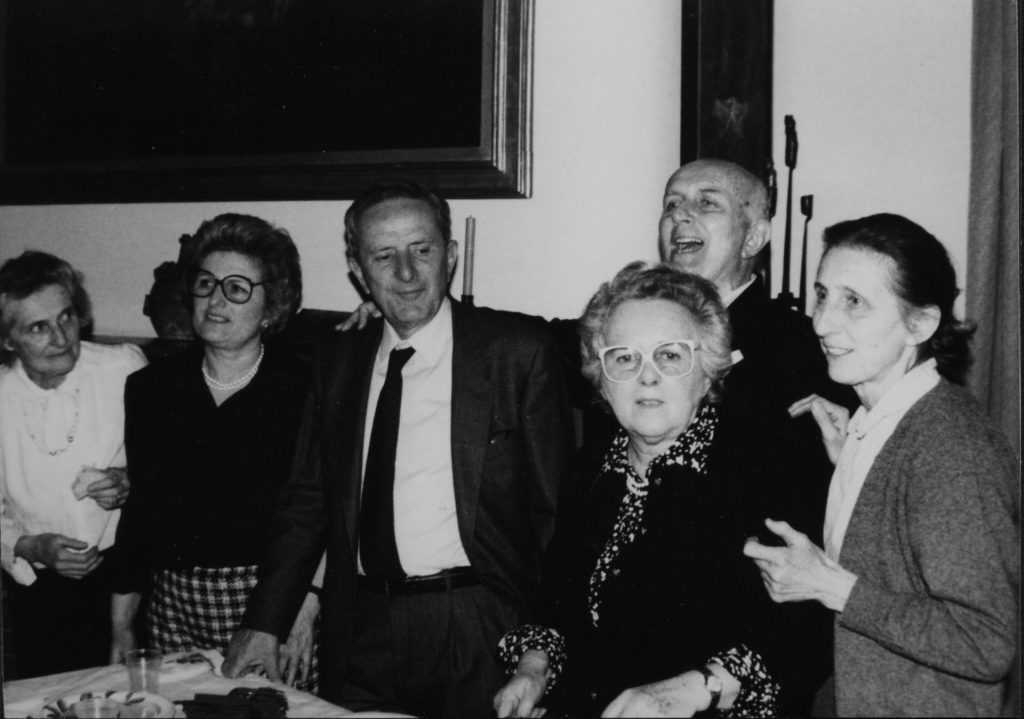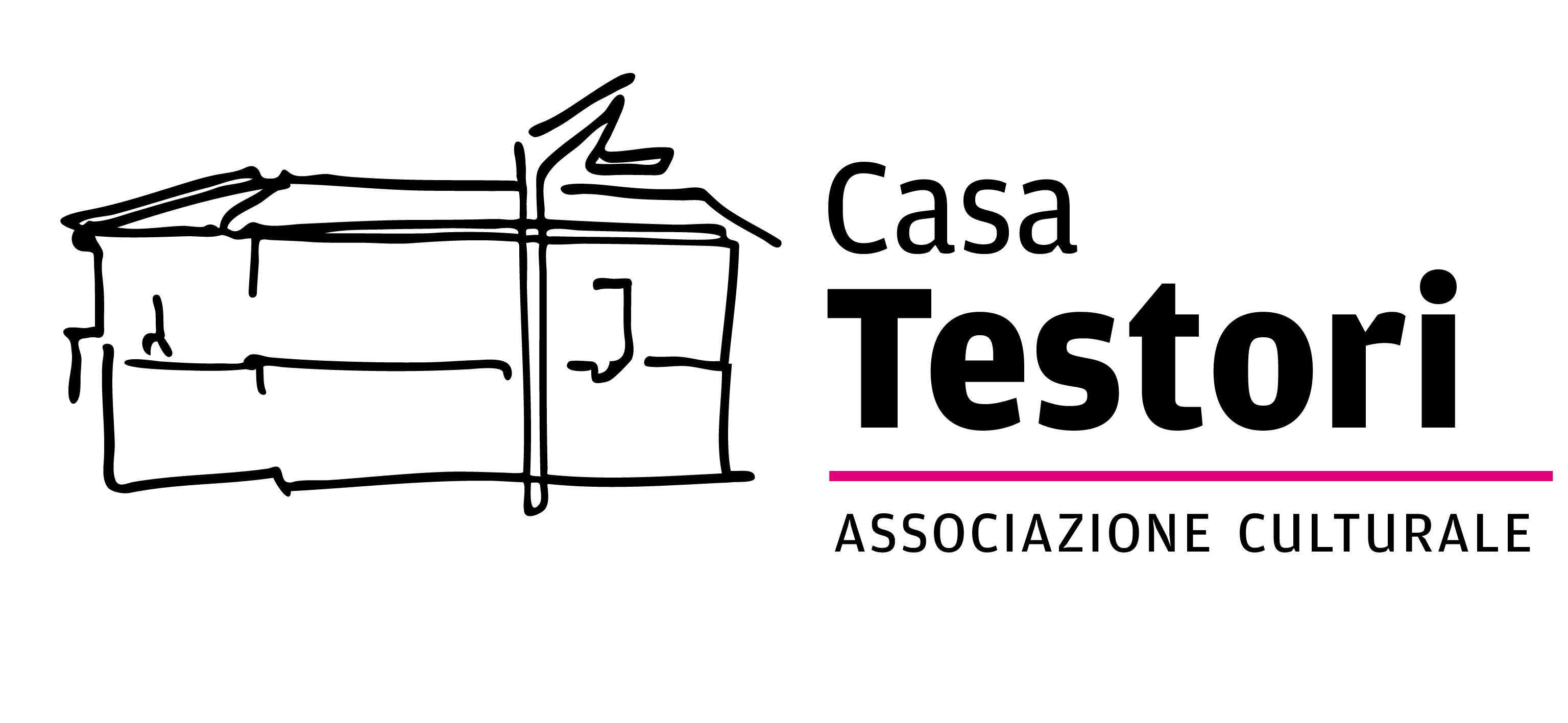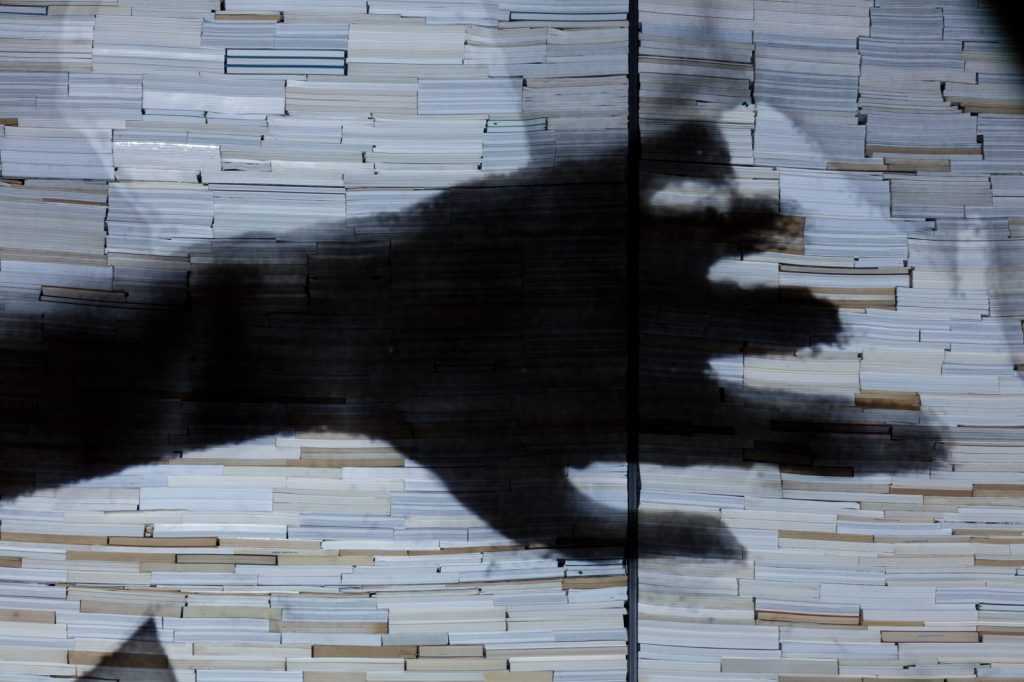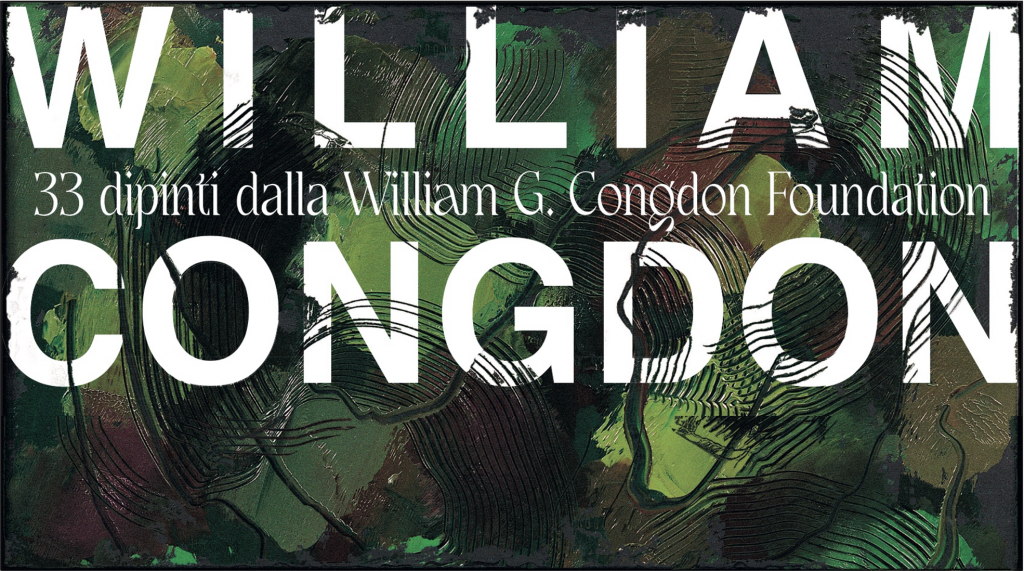
Forse c’è anche il tema del tempo, del suo trascorrere; perché se tu ogni attimo lo vivi come un fatto di nascita, di crescita, ma che è sempre nascita, allora senti che sarà lì per sempre; che passerà, ma entrerà e resterà dentro il tutto. Se non vivi cosi, ti viene come un senso di stanchezza; allora vuol dire che non l’hai veramente vissuto, quel momento. Prendiamo queste ore qui, che ormai sono passate mentre parlavamo. Non ci saranno più. Ma ci saranno per sempre se le avremo passate nel Natale, nel Natale del loro svolgersi, minuto per minuto. Allora hai già la percezione che, modestamente, con tutti i nostri acciacchi e le nostre miserie, non hanno presunto altro che d’essere nel Natale nostro e di tutti; allora anche nella cenere in cui si ridurranno, senti che si sono come fissate; che le ritroveremo là, per sempre”.
“Perhaps this also raises the theme of time, of its passing. If you live every moment as a fact of birth, of growth, but which is always birth, then you feel that it will always be there-that it will pass away, but it will enter and remain within everything in your experience. If you do not live like this, you get a feeling of exhaustion—then it will mean that you have not truly lived that moment. Let’s take these hours here, which we have spent talking. They will no longer exist. But they will exist forever if we have spent them in Christmas – in the Christmas of their unfolding, minute by minute.Then you already have the perception that, modestly, with all our weakness and miseries, they have no other claim than to be a Christmas for us and for everyone. Then always from the ashes in which they are reduced, you will feel that they are fixed – that we will find them there, forever”.
Giovanni Testori
da | from, “Il senso della nascita” | “The Meaning of Birth”, 1980In foto, Giovanni Testori e i suoi fratelli riuniti in occasione del Natale
BUON NATALE E BUON ANNO DA TUTTO LO STAFF
CI RIVEDIAMO IL 4 GENNAIO!









